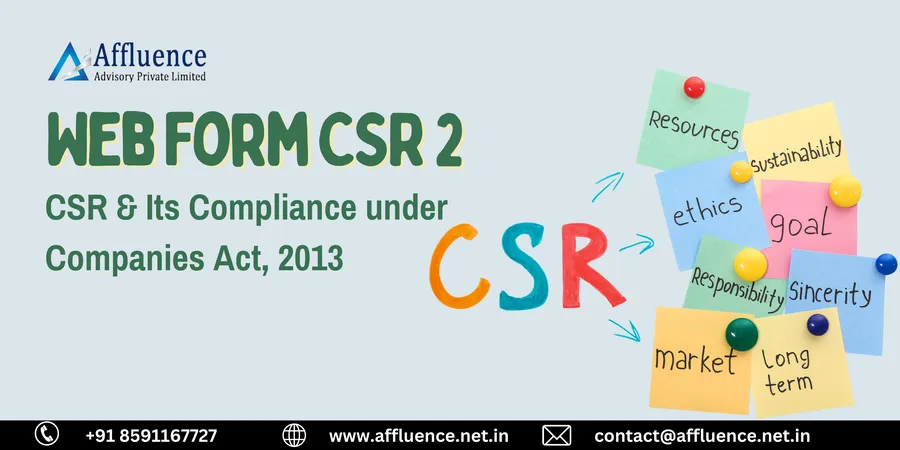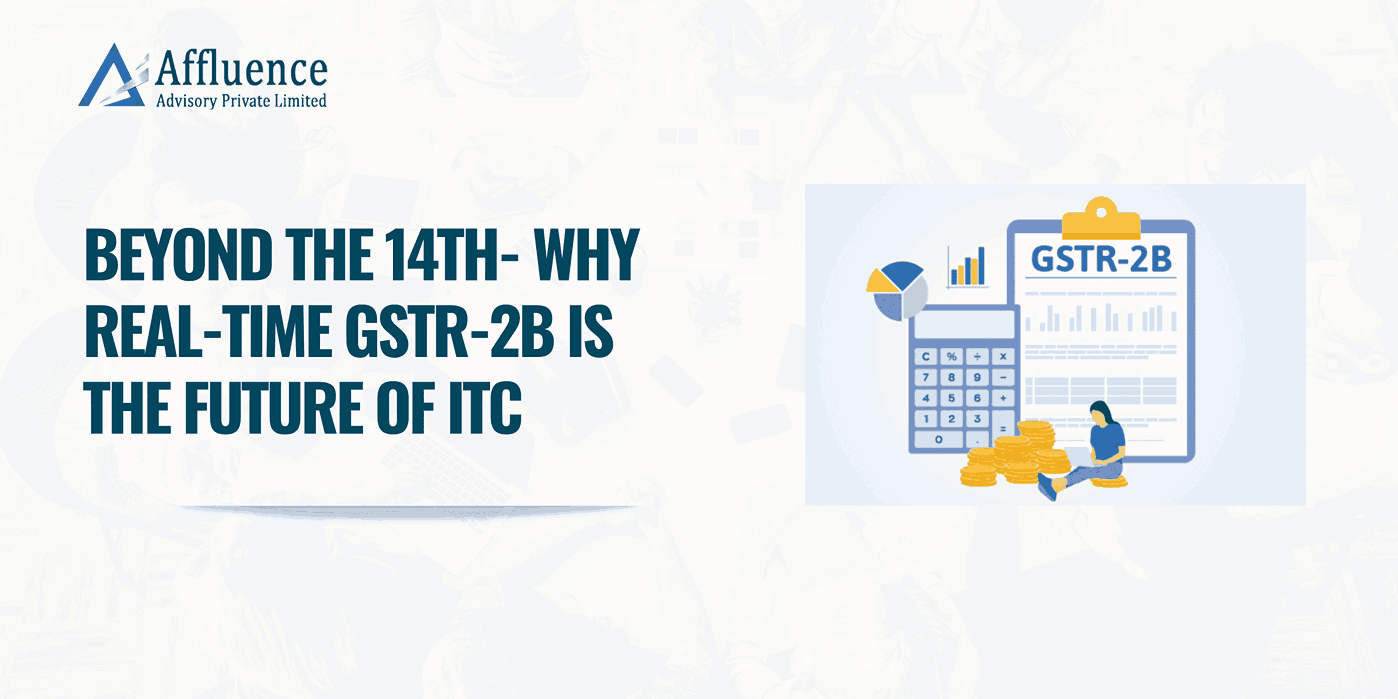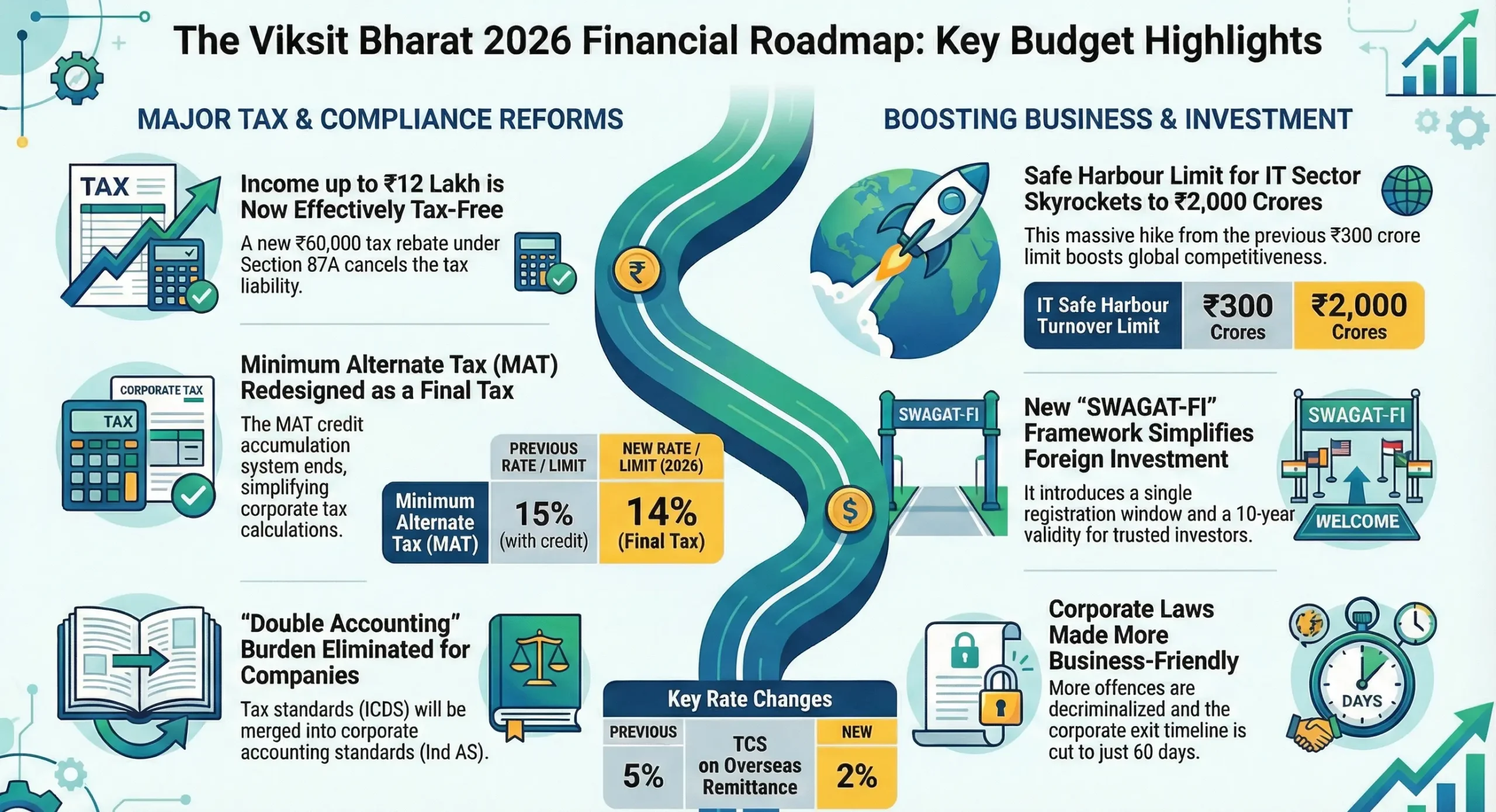Introduction:
In an era where businesses are not only evaluated for their financial success but also for their impact on society and the environment, Corporate Social Responsibility (CSR) has emerged as a powerful tool for fostering positive change. CSR goes beyond profit-making objectives, emphasizing a company’s responsibility to contribute to the well-being of society. This article explores the essence of CSR, its significance, and the transformative role it plays in today’s corporate landscape.
The Ministry of Corporate Affairs (MCA) through its notification on 11th February 2022 issued a circular regarding the due date for filing Form CSR-2 for the financial year 2022-23. This notification introduced an amendment to Rule 12(1B) of the Companies (Accounts) Rules, 2014. Before we move on to understand the need of the above amendment let us know more about CSR first.
Applicability:
The CSR Concept in India is governed by Section 135 of the Companies Act, 2013 according to which the provisions of CSR apply to every Company fulfilling any of the following conditions in the preceding financial year.
- Net worth of more than Rs. 500 crore or;
- Turnover of more than Rs. 1000 crore or;
- Net profit of more than Rs. 5 crore
Requirements:
Starting from the financial year 2020-21 onwards, every company falling under the purview of section 135(1) must comply with the new requirement of filing the Annual CSR Report in Form CSR-2. This rule applies to companies that meet the specified criteria outlined in the Companies Act, 2013.
Companies (Corporate Social Responsibility Policy) Amendment Rules, 2022 [“CSR Rules”] brought following changes as follows:
- By inserting the second proviso to the rule no. 3 it has made mandatory for the Company to ensure the Constitution of CSR Committee and compliance of sub-section (2) to (6) of Section 135 to ensure that the Company complies with CSR initiative w.r.t to the unspent Amount.
- By omitting sub-rule 2, it further clarifies that the Company is to check on year to year basis the thresholds and accordingly comply with the provisions of Section 135 when the criteria of CSR becomes applicable during the immediately preceding financial year.
- In Rule No. 4 (a), it has made insertion which has widen the scope of the entities which can help the Companies in the implementation of the CSR obligation.
- By making amendment under Rule no. 8 (c), it has reduced the % of expense allowed to be booked by the Company towards Corporate Social Responsibility for that financial year from 5% to 2% or 50 Lakhs of the total CSR expenditure for that financial year but overall criteria have been made beneficial by adding whichever is “higher” instead of whichever is “less” which allows company to book minimum 50 Lakhs even if its 2% criteria is lesser on the side.
- Annexure II which depicts the format of CSR-2 is modified to bring it in consistent with the recent amendments made through Companies (Corporate Social Responsibility Policy) Amendment Rules, 2021 dated 22nd January 2021, The Companies (Amendment) Act, 2020 dated 22nd January 2021 and the Companies (Accounts) Amendment Rules, 2022 dated 11th February 2022 and is replica of the Web-based Form CSR-2.
Amendments:
For the financial year 2022-23, the MCA has made amendments to the filing procedure in Form CSR-2. Companies are now required to file return of CSR expenditure incurred by the Company in Form CSR-2 separately and ensure it is filed with ROC on or before 31st March 2024. It’s important to note that the filing of Forms AOC-4/AOC-4 (NBFC Ind AS)/AOC-4 (XBRL), as applicable, should be completed before filing Form CSR-2.
Annual Action Plan:
Every Company’s CSR Committee formulates an Annual action plan in the Month of April every year and recommends it to the Board, in pursuance of its CSR Policy.
CSR Spending / Contribution:
The company can spend CSR expenditure either by appointing an implementing agency to form a project or transferring CSR contribution to the special funds created under Schedule VII of the Companies Act, 2013
CFO Certification:
The Chief Financial Officer (CFO) or the person responsible for financial management shall certify to the Board to effect that the funds disbursed by the Board for CSR implementation have been utilized for the purposes and in the manner approved by the Board.
CSR-2 Filing Process and Compliance:
To comply with amended regulations, Companies need to adhere to the revised timeline and ensure the accurate filing of the necessary forms. The following details are required for filling Web-based Form CSR-2 on MCA V2 portal:
- Completion of the filing of Forms AOC-4/AOC-4 (NBFC Ind AS)/AOC-4 (XBRL), as per the applicable requirements.
- Reporting about the constitution of the company’s CSR committee, its meetings, as well the disclosure of details of the CSR committee.
- Details relating to the capital assets if created or acquired through CSR expenditure.
- Details of CSR policy, and approved CSR projects on the company’s website.
- Details of the company’s CSR project investments and the CSR funds that have remain unspent.
- Details about the impact assessment of CSR projects (as per the Companies (CSR Policy) Rules, 2014).
- Whether or not impact assessment of CSR projects is done as per Companies (CSR Policy) Rules, 2014.
- Submit Form CSR-2 separately to ROC within the stipulated deadline, which is 31st March 2024 for FY 2022-23.
Penalty:
In the notification, no separate penalty is specified for the non-filing of the form.
According to Section 450 of the Act, if a company or any officer of a company or any other person contravenes any of the provisions of this Act or the rules made thereunder, and for which no penalty or punishment is provided elsewhere in this Act, the company and every officer of the company who is in default or such other person shall be liable to a penalty of ten thousand rupees, and in case of continuing contravention, with a further penalty of one thousand rupees for each day after the first during which the contravention continues, subject to a maximum of two lakh rupees in case of a company and fifty thousand rupees in case of an officer who is in default or any other person.
Conclusion:
Corporate Social Responsibility is not just a trend; it’s a paradigm shift in how businesses perceive their role in society. Embracing CSR is not only about meeting legal obligations but also about recognizing the interconnectedness of businesses, communities, and the environment. As consumers and investors increasingly demand ethical and socially responsible practices, companies that prioritize CSR are not only contributing to positive change but also securing their place in a conscientious and sustainable future.
Disclaimer: This article provides general information existing at the time of preparation and we take no responsibility to update it with the subsequent changes in the law. The article is intended as a news update and Affluence Advisory neither assumes nor accepts any responsibility for any loss arising to any person acting or refraining from acting as a result of any material contained in this article. It is recommended that professional advice be taken based on specific facts and circumstances. This article does not substitute the need to refer to the original pronouncement
CLICK HERE DOWNLOAD PDF









